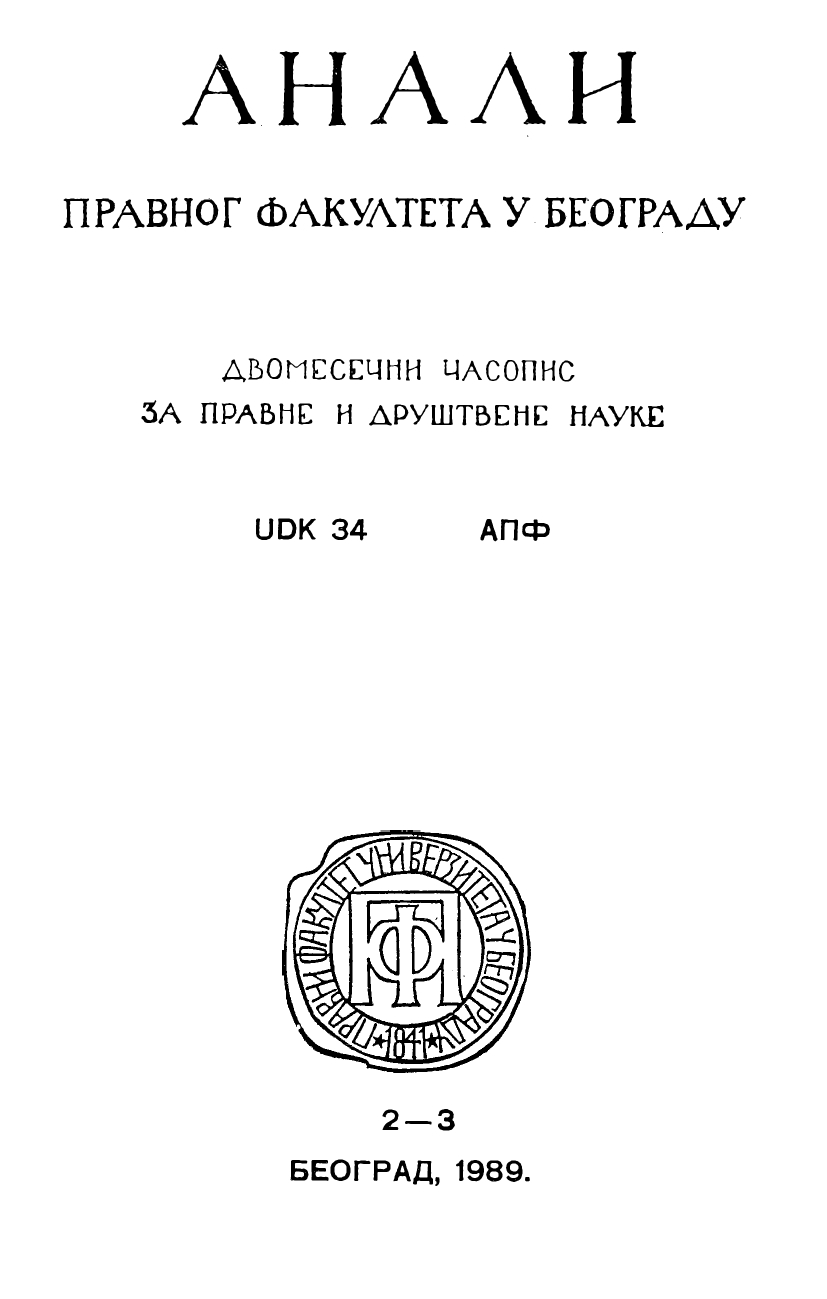НЕКЕ МОГУЋНОСТИ ПРИМЕНЕ КОМПЈУТЕРА У ПРАВУ
IMPLEMENTING COMPUTERS IN THE SPHERE OF LAW
Author(s): Oliver AntićSubject(s): Law, Constitution, Jurisprudence, Library and Information Science
Published by: Правни факултет Универзитета у Београду
Summary/Abstract: Applying computers is today necessary not only in technical but also in social sciences — economics, linguistics, sociology, law. Computers applied in the sphere of law make possible fast and selective check-up of existing legislation, literature and supplementary written materials, including judicial practice, patents filed, etc. However, there are also programs facilitating the analysis of a legal norm, which is a line close to artificial intelligence. One of such programs is the one of „normalization" developed constantly in the USA during the last two decades. The bulk of existing legislation of all levels, together with their amendments, diferences in terms of region and branch, combined with numerous rules of their application, required too much time for their classical observation and understanding. Also present are the problems of interpretation of legal norm in practice. Norms may be semantically imprecize and ambiguous, but also indefinite in terms of syntax. So the normalization program has been conceived as an instrument facilitating the solving of the above problems. The program itself has three stages: the original text of norm is first broken down according to definite rules (designated version), then processed through such component parts (normalized version), so that the norm asquires a firm logical structure. Third stage points at syntax connections in the form of a mathematical-logical model presented finally as a specific scheme. The program saves much time, while submitting to the interested person all possible interpretations in matter of seconds, including the ones by outstanding authorities, as well as by highest courts. Both theory and practice may benefit. Thus a theoretician can dedicated more of his time to creative work, while a practicing lawyer, finding the percentage of possible favourable outcome of a future dispute, could rely on computerized judgrrfent and decide on whether to engage with the court. All the above speaks in favour of future implementation of computers in the sphere of law everywhere, and especially through the normalization programs and projects.
Journal: Анали Правног факултета у Београду
- Issue Year: 37/1989
- Issue No: 2-3
- Page Range: 149-162
- Page Count: 14
- Language: Serbian

